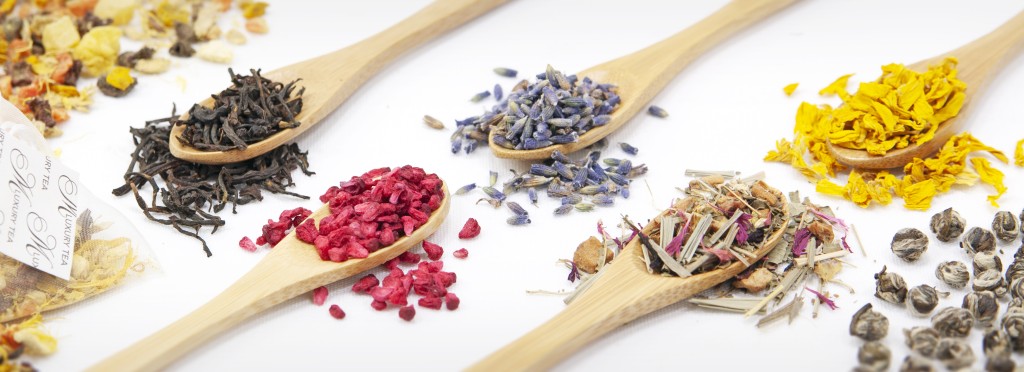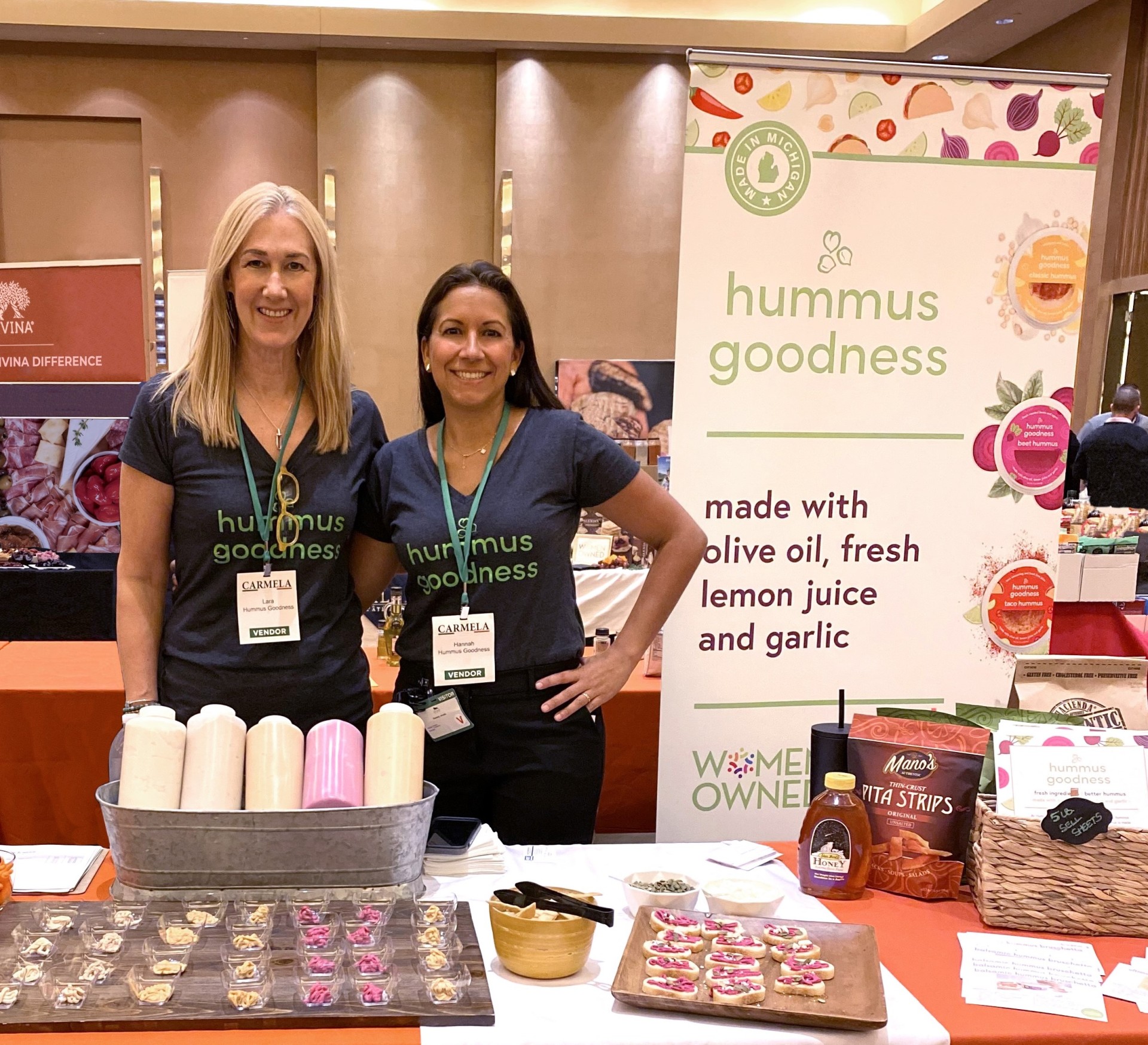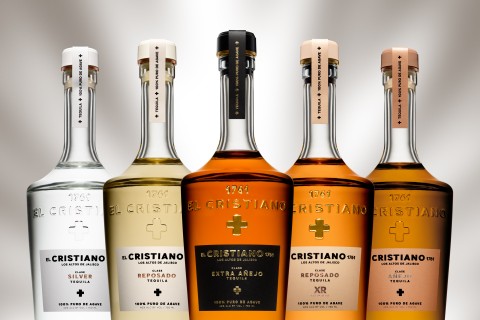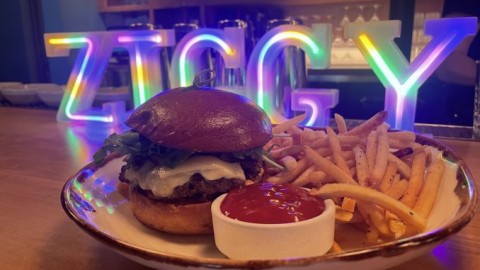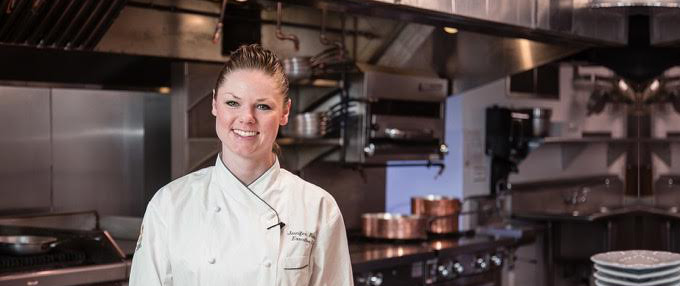By Debbie Hall
The Metropolitan Tea Company delivers an exceptional guest experience with a longstanding foundation in sustainable business practices. From crop to cup, this family-owned business holds a strong passion for tea and aims to share this passion with future generations of tea drinkers while employing green practices that will ensure a greener future.
Sustainable Luxury: High Tea Powered by Solar Energy – Food & Beverage Magazine
These practices are a true testament to the power that each individual company has in creating environmental sustainability and global mindfulness. In our third and final article of this eco-adventure series, CEO and President Gerry Vandergrift discusses the company’s multi-faceted approach to sustainable business practices at their factory, in their local community, and around the world.
In this series, we’ve explored Metropolitan Tea’s efforts in creating a greener hospitality experience. Why are sustainable business practices important to you?
As a company that works with agricultural products and the global supply chain, concerns for the environment, sustainability, and governance factor into every facet of our business and every decision we make.
The quality of luxury tea is dependent on the conditions in which it is grown. Therefore, we employ comprehensive environmental protection both at home in Ontario, Canada, and abroad on the tea estates and farms we source. The future of our company, and more broadly, our planet, depends on it.
What inspired Metropolitan Tea to install a solar array panel atop their manufacturing facility?
In 2009, our provincial government initiated the Green Energy Act. This notion resonated with our ethos and aligned with our thoughts of a carbon-reduced future. In total, we have 2,600 solar panels, creating a dual purpose for our roof. We are able to recuperate costs over time by selling the excess power generated to the local power grid. Upon completion in 2012, our rooftop array was the largest in Canada.
How did installing the solar array panel affect Metropolitan Tea’s carbon footprint?
This eco-friendly achievement meant that Metropolitan Tea became one of the world’s first tea manufacturers to achieve carbon-neutral status.
Also Energy measures our solar performance, and in a typical year, our solar array avoids:
- 1,200,000 pounds of CO2
- 4,000 pounds of SO2 (sulfur dioxide)
- 1,200 pounds of ozone-depleting NOx (Nitrogen oxides)
In other terms, this is annually equivalent to:
- Planting 10,000 trees
- Saving 45,000 gallons of gasoline
- Saving 288,000 gallons of water
What is the energy generation capacity of Metropolitan Tea’s solar array?
The annual capacity varies by the amount of sunlight and local weather conditions, but the array can generate 700 kWh at any given moment. Annual total output ranges between 790,000 to 920,000 kWh. To put this in context, an average North American household uses 11,900 kWh per year, meaning, on average, we are producing enough power for 65 to 80 households. In high-density living, households increase by about 10 to 15 percent.
We now produce more than three to four times the electricity required to run our factory. The excess power is transferred to the grid. There is a sense of pride that when we look at our neighboring factories and see the lights on, we know that some of that power comes from our roof.
What is Metropolitan Tea’s carbon offset strategy, and how does it work?
As wholesalers of agricultural products, we believe it’s our responsibility to offset the carbon we generate each year. The continued goal of our carbon offset strategy is to further reduce our overall carbon footprint while promoting biodiversity in sensitive lands through tree planting, wetland preservation and protecting a carbon-sequestering forest.
In response to the UN’s ‘Plant for the Planet: The Billion Tree Program’ and the Ontario Government’s 50 Million Tree Program, Metropolitan Tea planted and continues to maintain 15,000 trees on a 200-acre tract of land in Southwestern Ontario. Seven different native species were planted to promote biodiversity. One more benefit to offsetting our carbon footprint; we’re proud to say these trees have also created new habitats for species at risk.
Adjacent to our tree reserve, the same tract of land is home to 80 acres of historical wetland. Our tree planting initiative helped create a permanent buffer zone around this wetland to protect numerous species of beavers, endangered spotted turtles, endangered black terns, and countless other birds and amphibians.
Finally, another 80 acres of old-growth forest were preserved. Each acre absorbs roughly 30,000 pounds / 13607.771 kilograms of carbon annually and is a continued habitat for foxes, deer, porcupines, bears, and many other wildlife.
How does Metropolitan Tea ensure the tea-making process benefits farmers, employees, and consumers?
By supporting ethical producers, we can do our part to move the global tea market toward a more sustainable future. Experience has shown us that the most effective way to ensure the safety and integrity of our products and the ethical treatment of workers and communities is by visiting our suppliers in their countries of origin. Onsite audits by authorized staff verify the supplier’s full compliance with our quality, social equity, and environmental protection requirements. They also help us grow the relationships that allow us to bring consumers the best teas on the planet.
What does the company look for when considering the well-being of family tea and herb farming enterprises, and what benefits does this offer?
Through decades in the tea business, we’ve developed strong ties with growers and their families all over the world. Some of our supplier relationships date back more than 30 years. This allows us to buy teas on tea estates known for quality, social equity, and environmental stewardship during peak seasonal crop times.
To either approve a new supplier or maintain a relationship with an existing supplier, we must see evidence of the following when we conduct our audits:
- Fair compensation throughout the whole supply chain
- Compliance with laws and food safety regulations
- Safe working conditions and appropriate protective clothing for the work being done
- 100 percent prohibition of child labor
- Suitable housing provided for workers and families
- Medical policy or an onsite clinic or hospital for workers and their families
- Education plan in place for workers and their families. This may include an onsite or local school with free education provided
- Reinvestment in upgrades and maintenance to ensure long-term economic viability
Metropolitan also supports farmers and tea growers who share our environmental commitment. Efforts to protect the tea farm’s habitats, soil conservation, and integrated crop management support a greener planet and can improve crop yields by creating a healthy microclimate.
While the effects of climate change continue to make headlines around the world, Metropolitan Tea is proud of the work we’ve done to help mitigate the environmental impact of our business.
Read Also: Strategies for overcoming employee burnout in the restaurant
Throughout this series, we’ve discussed the potential for luxury tea within the hospitality industry by creating added revenue potential and a curated and memorable guest experience. But we hope our readers have been inspired by the greater impacts their choices can make when it comes to tea. The Metropolitan Tea Company offers true luxury from crop to cup. Behind every delicious sip is a cascade of intentional, positive impacts that give back to the planet, from sustainable tea gardens to compostable packaging materials—each cup of tea leading to a greener future.
To learn more about The Metropolitan Tea Company and integrate sustainable luxury tea into your business, visit www.metrotea.com.



